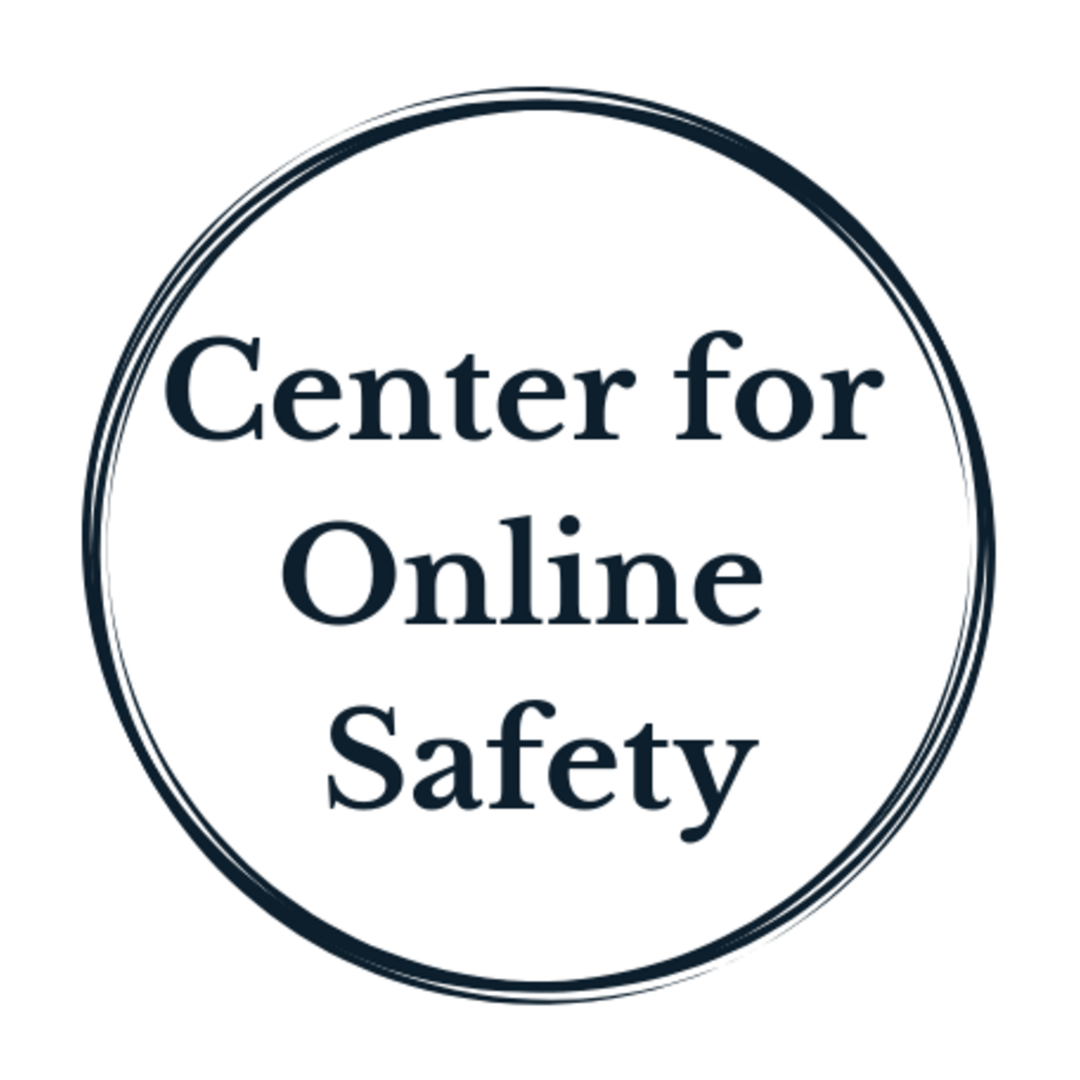What Can Parents Do About Cyberbullying? How Do You Know Your Child is Bullying or Getting Bullied?
Some of the links below are affiliate links, meaning that at no additional cost to you, I will receive a commission if you click through and make a purchase.
It's a helpless feeling, knowing your child is getting bullied.
Bark's 2020 data shows that 77% of tweens and 82% of teens experienced bullying online (as a bully, victim or witness) last year.
Warning signs your child is getting bullied:
Changes in behavior
Withdrawing from friends and family
Becoming secretive
Sleeping too much or not enough
Eating too much or not enough
Not enjoying activities anymore
Becoming angry,depressed or sad after being online or using their phone
No longer using their device/avoiding screens
Declining grades
Uneasy about going to school
Changing friends
Warning signs that your child is bullying another person:
Lack of sensitivity or a callousness toward others
Overly concerned with popularity or social status
Becoming violent
Changes in behavior
Withdrawing from friends and family
Laughing or smirking excessively while online, but they won’t show you what’s funny
Becoming secretive
Hiding their device or switching screens when you’re close
Using their device at all hours of the night
Getting unusually upset if they can’t use their device
Using multiple accounts or accounts that are not theirs
Increasing behavioral issues or disciplinary actions
Changing friend groups
The hard thing about these changes in your kids are that these are also “normal” teen behaviors and changes. It’s hard to know what’s normal and what’s a warning sign that needs your attention.
We can help.
To prevent bullying
Your child and their friends need to know they're being watched by you. Just like you taught them HOW to cross the street, you're going to teach them how to use this powerful technology.
"Friend" or "Follow" them on their social media accounts and quietly pop into their feed
Use a monitoring app (I recommend Bark) to alert you if your child is sending/receiving inappropriate content
Set up some offline time for their devices at night. Let them take a break from the drama on their phones and get some sleep.
Have open communication about their highs and lows, online and offline
If your teen gets bullied, here’s what they need to know:
Take a Screenshot immediately (or a photo with another phone)
Tell a trusted adult. This is important! Even if they’re embarrassed, make sure they know they should tell someone.
Report it to the game or social media platform (with username and screenshot)
Report it to cell phone carrier if appropriate (text message)
Report it to school
Delete and Block the bully
Get off the device/Turn it off
May need to delete account
Contact police if appropriate
Do something offline, like take a walk. Alone or with a friend or parent.
Another Family's Perspective on Bullying
My heart goes out to Achea Redd and her family. They watched their son get broken down and lose self-confidence due to bullying. Here is their story. It addresses what parents can do about a child being bullied.
"No matter your situation, it’s time to up the ante and get involved. Talk to the teachers, other parents and administration. Be very vocal. Change starts with conversation. You could even start an anti-bullying or wellness initiative. The more involved you are, the better. Do not let yourself feel like you’re a burden to the school if you sense something is awry. You need to be in touch with the school and work together to make sure your child is safe." - Achea Redd
Bullying is unfortunately running rampant in the world today. It is vital to offer support to your children and communicate with them often so that they know you are their biggest fan and will always be there to help when they need it.

